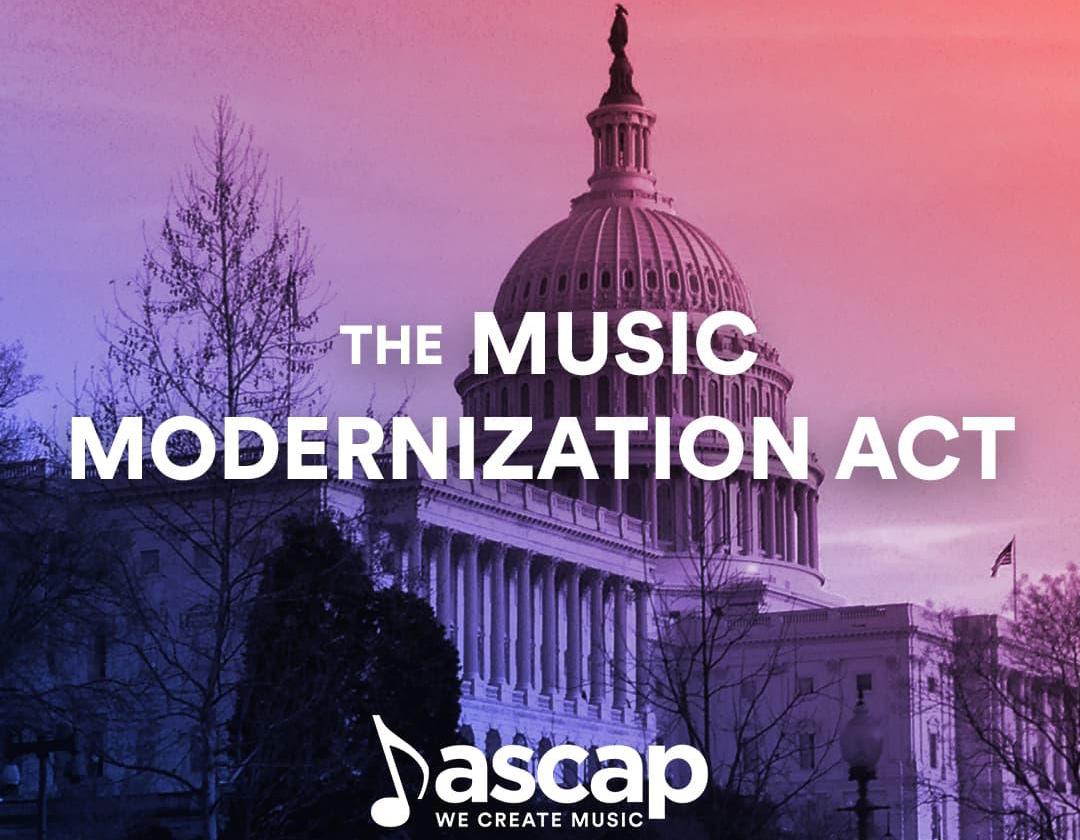The “Music Modernization Act”, Now Law, Aims to Improve Mechanical Licensing in the 21st Century
On Thursday, October 11th, 2018, President Trump signed the Music Modernization Act (MMA) into law at the White House.
The act was created in an attempt to modernize copyright-related issues surrounding music and audio recordings to better suit the new technologies we rely on today, including on-demand streaming services.
The MMA creates a formalized body, run by publishers, to administer the mechanical licensing of compositions streamed via digital service providers (DSPs).
SoundExchange’s president, Michael Huppe, explains the effects the bill will have by stating that “For creators, it means getting paid more fairly. For those who recorded music before 1972, it means assurance you’ll get paid for your work. For songwriters, publishers and producers it means making the digital economy work for you.”
The bill was passed unanimously by the U.S. House of Representatives and the U.S. Senate. Trump says that “The Music Modernization Act closes loopholes in our digital royalties laws to ensure that songwriters, artists, and producers receive fair payment for licensing of music.”
The act aims to modernize the process of music licensing, more of which can now be done electronically, instead of by sending physical letters of intent to each publisher. Further, the bill seeks to ensure that unclaimed royalties go to the content community, as opposed to sitting with the DSPs.
The MMA creates a unified database. In the past, there have been many different databases attempting to serve the function of the act’s new registry. Proponents of the bill expect streaming services to benefit from the MMA as well as songwriters and publishers because it will help them avoid lawsuits by establishing clear ownership of publishing rights in a unified database.
Overall, it seems like the Music Modernization Act is something to be excited about, because it seeks to meet the sometimes competing needs of songwriters, publishers, and DSPs, creating potential wins for each of these parties. Ed Christman goes into more details on some of the specific applications of the MMA, and loose ends that still need to be tied, in his full article on Billboard.
Charles Hoffman is a Mixing and Mastering Engineer at Black Ghost Audio. After graduating from the University of Manitoba with an English degree, Charles completed his education at Icon Collective in Los Angeles, CA.
Please note: When you buy products through links on this page, we may earn an affiliate commission.







